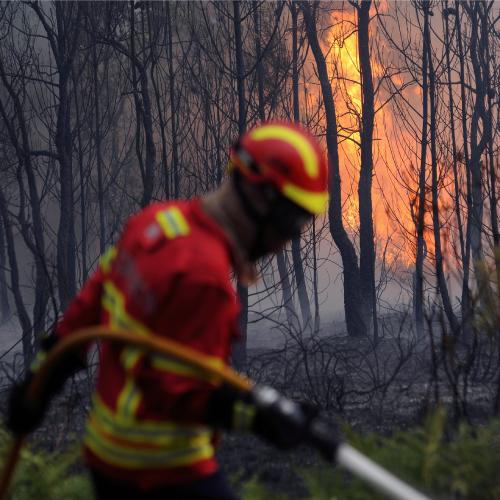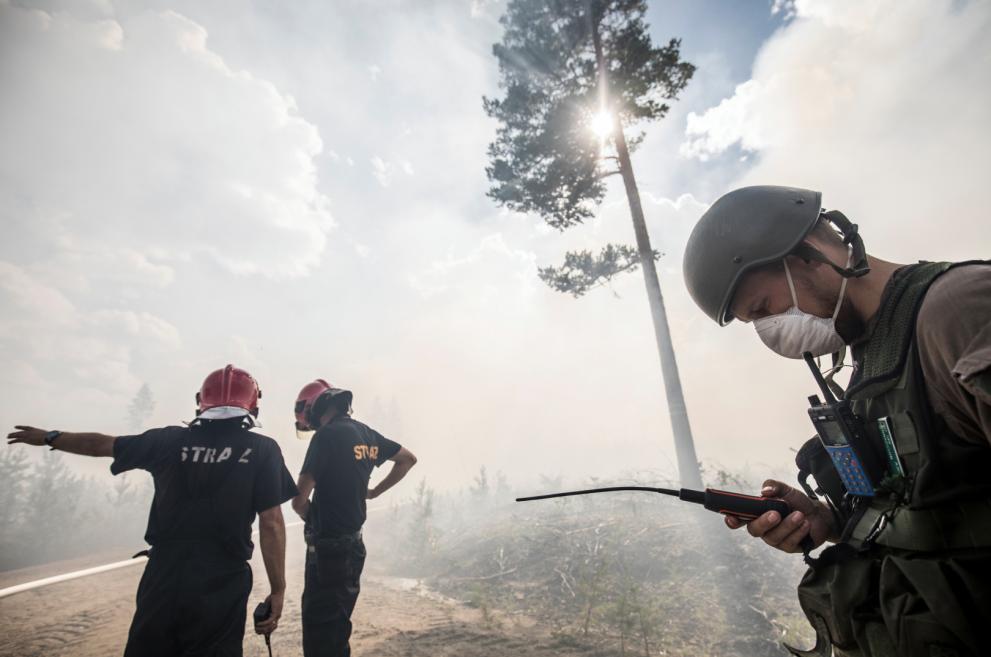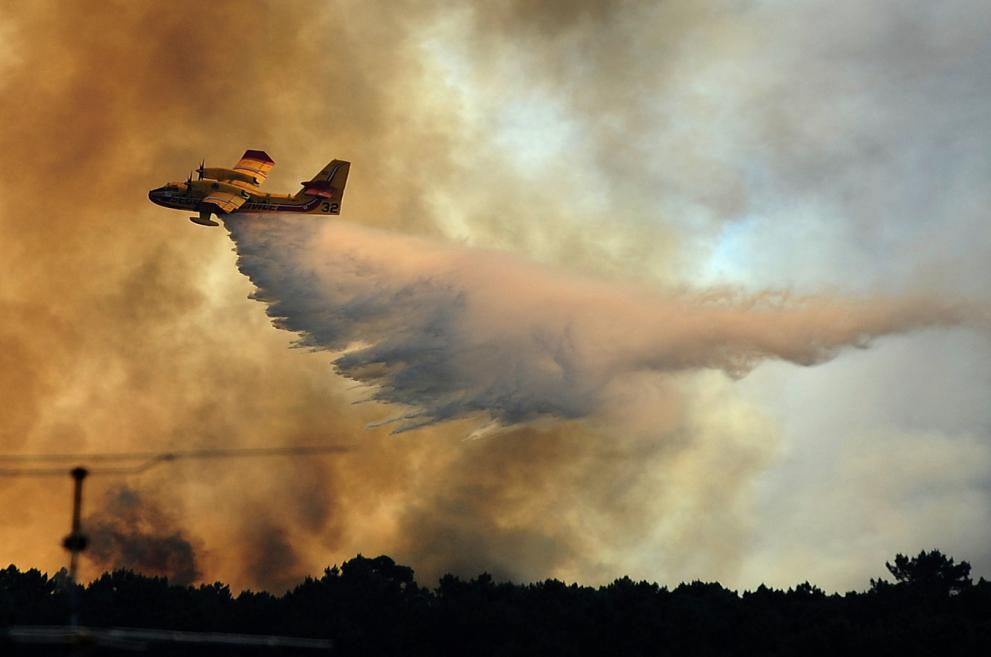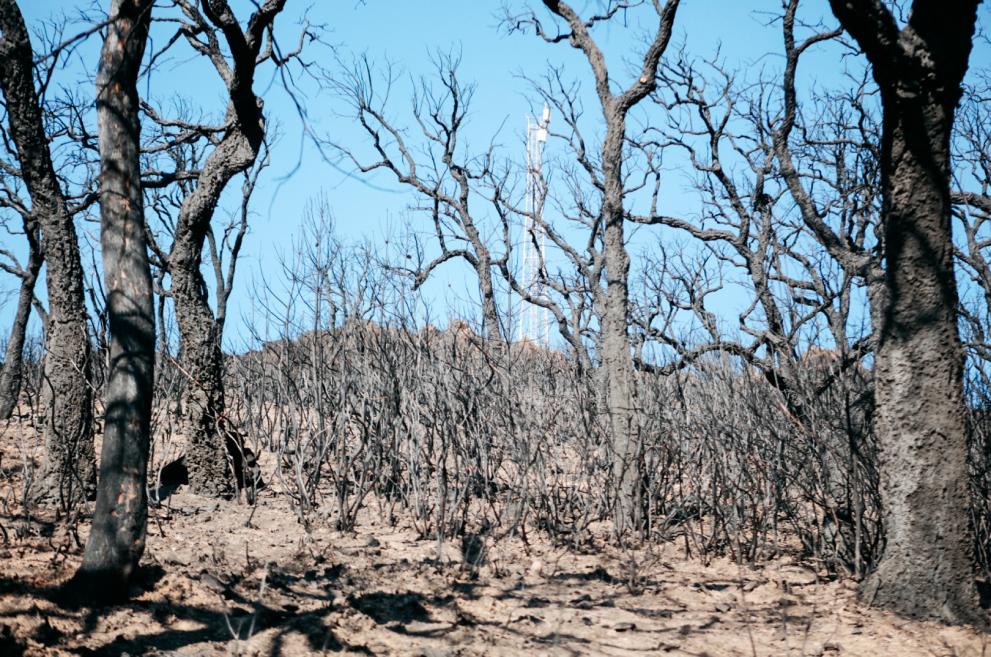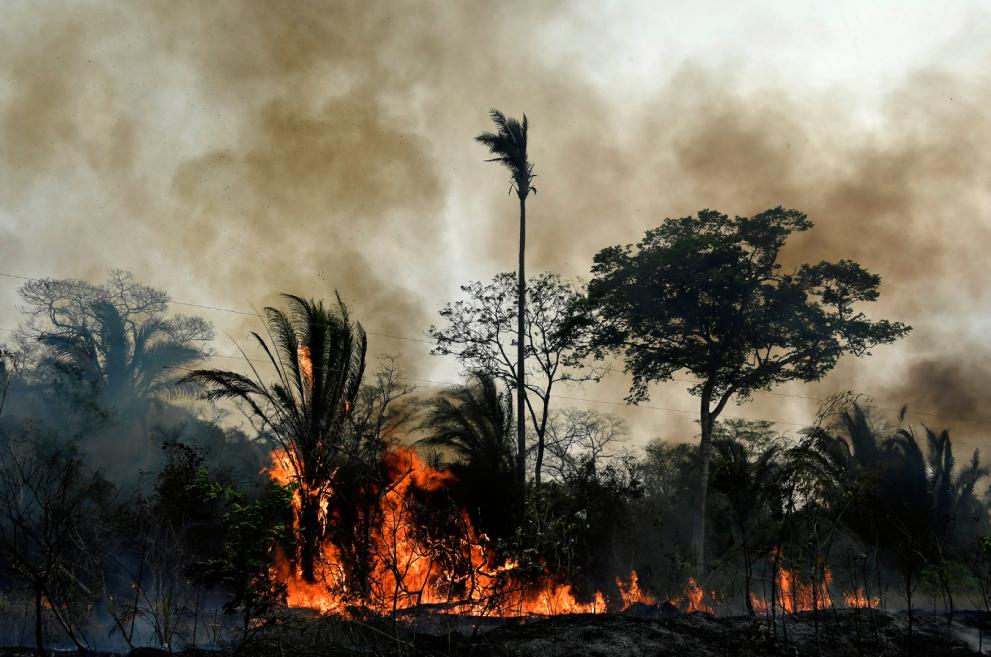Addressing the risk: Supportive measures
The Union Civil Protection Mechanism (UCPM) offers assistance when a fire gets too large for a country to fight on its own. However, the extreme wildfire season of 2017, revealed the UCPM’S limits in responding to multiple and simultaneous emergency situations. As a result, the ‘rescEU’ reserve was introduced to strengthen the European Civil Protection Pool. ‘rescEU’ establishes a new European reserve of resources, which includes a fleet of firefighting planes and helicopters, medical evacuation planes, as well as a stockpile of medical items and field hospitals that can respond to health emergencies.
The common agricultural policy (CAP) provides significant resources for investment in forestry measures, including those for addressing forest fire risk. The cohesion policy also provides significant funds for wildfire risk prevention and management in Member States as well as for cross-border and transnational cooperation in this area. Under the ‘Climate change adaptation action’, the LIFE programme provides grants for best practice, pilot and demonstration projects on an effective wildfire management.
The European Forest Fire Information System (EFFIS) is responsible for monitoring and assessing wildfire risks at European level. EFFIS is continuously being upgraded to provide the most up-to-date and reliable data on forest fires. Under the Copernicus programme, the Copernicus Atmosphere Monitoring Service (CAMS) uses near-real-time observations of the location and intensity of active wildfires to estimate the emissions of pollutants. This is done through its Global Fire Assimilation System (GFAS) and the Global Wildfire Information System (GWIS).
The main objective of the EU Solidarity Fund (EUSF) is to alleviate the financial pressure on national authorities by giving aid in the event of a major natural disaster. In 2017-2019, the EU Solidarity Fund supported various Member States, including Portugal and Spain, allocating EUR 54 million to deal with damages caused by wildfires in 2017. The EUSF is therefore a valuable and relevant resource in the event of extreme weather.
